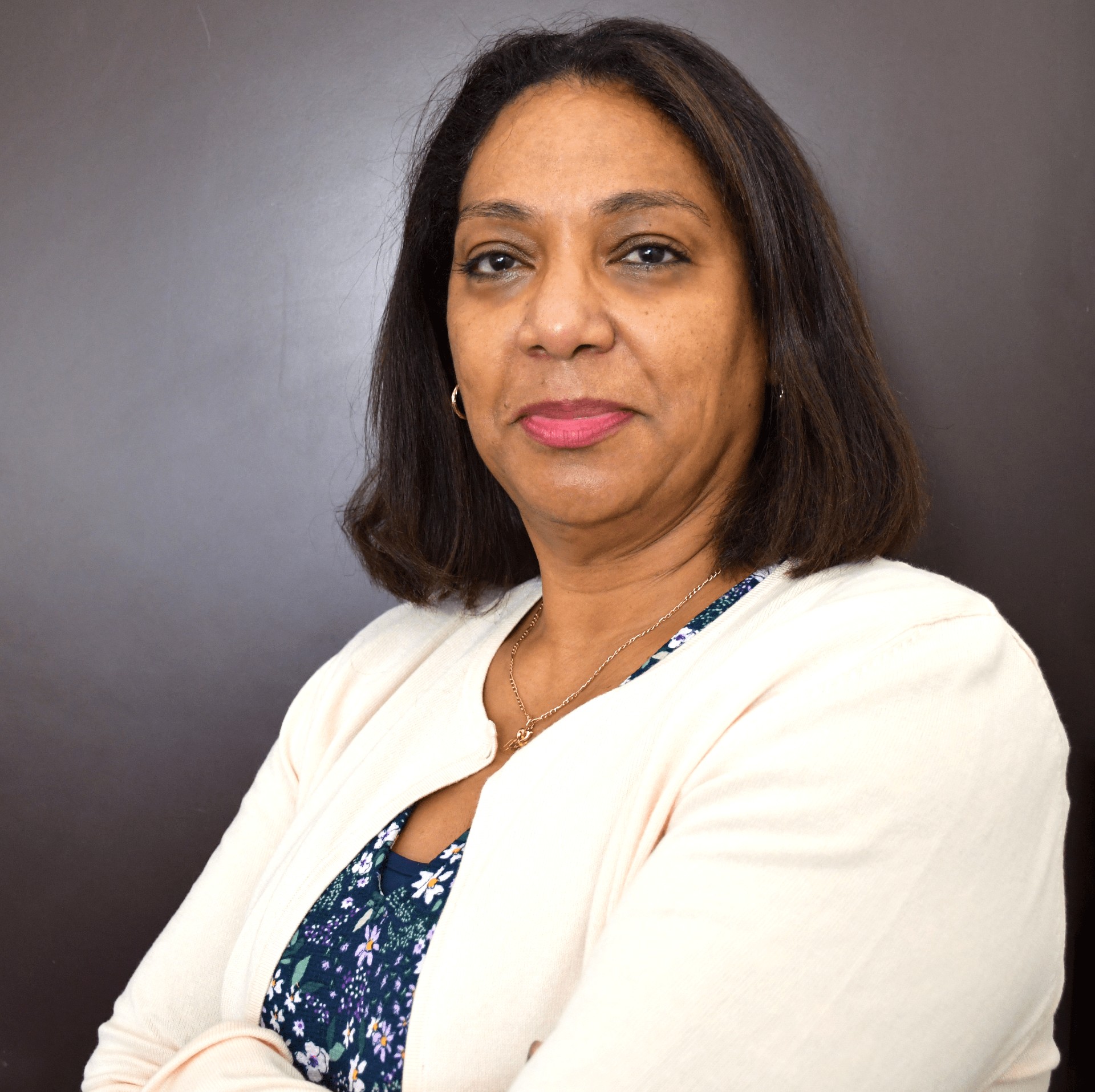Post-war Europe: How to Redefine a Security Architecture Within a New Transatlantic Framework?
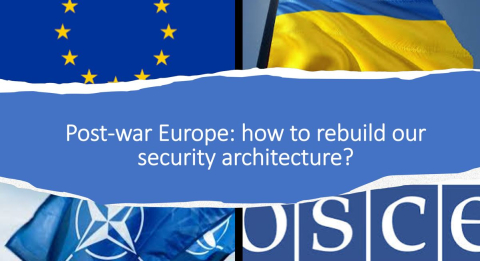
Practical information
Accessibility
Themes and regions
Related centers and programs
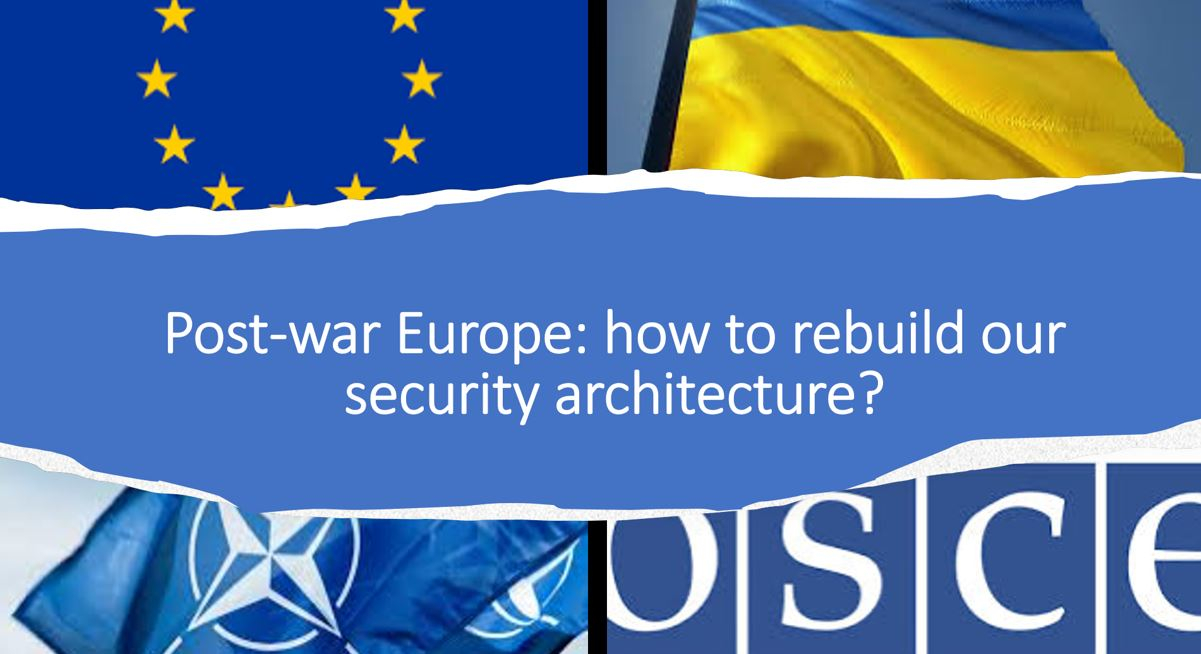
A new European security architecture has to be built. The question is: will this happen with or without Europe? The US President, Donald Trump, who returned to the White House a little more than two months ago, and the President of the Russian Federation, Vladimir Putin, have initiated talks to put an end to the war in Ukraine, with the possibility of Ukraine ceding territory to Russia being raised.
How far are the US going to take into account Ukraine’s interests in potential future peace talks? What does the Trump 2 administration mean for the global rules-based world order? To what extent will the US claim to be a regulatory power and uphold multilateralism?
PROGRAM
10:30 - 11:00 Opening remarks
Paul Maurice
Secretary General of the Study Committee on Franco-German Relations (Cerfa)
11:00 - 12:30 Panel 1: The impact of the new Trump administration on the further course of the war in Ukraine and implications for European security
Ronja Kempin, Research Fellow, EU/Europe Department, Stiftung Wissenschaft und Politik
Bart Laurent, Brigadier General (ret.) of the Kingdom of Belgium. Formerly European Union Military Staff (EUMS) Director of Operations
Frédéric Petit, Deputy for french citizens living abroad
Jan Techau, Director Europe, Eurasia Group
Chair: Jeroen Dobber, Head of Global Security Hub, Friedrich Naumann Foundation, Brussels
12:30 - 14:00 Lunch Break
14:00 - 15:30 Panel 2: Trump 2 and the global world order: to what extent will the US claim to be a regulatory power (future of multilateralism, US-China system rivalry, North Korea, Iran, Middle East, what significance does European security have in this context)?
Daniel S. Hamilton, Nonresident Senior Fellow – Foreign Policy, Center on the United States and Europe, Brookings Institution
Hans-Dieter Heumann, Senior Fellow at the Center for Advanced Security, Strategic and Integration Studies. Former Ambassador. Former President of the Federal Academy for Security Policy in Germany
Martin Quencez, Director of the Paris office and Managing Director “Risk and Strategy” at the German Marshall Fund of the United States
Benjamin Tallis, Director, Democratic Strategy Initiative
Chair: Marie Krpata, Research Fellow at the Study Committee on Franco-German Relations, Ifri
15:30 - 16:00 Closing remarks
Michael Link
Minister of State for Europe (2012-2013), Transatlantic Coordinator of the German Government (2022-2024)
In discussion with:
Isabelle Lasserre, Diplomatic Correspondent, Le Figaro
This public event is intended to reflect the debate relating to the challenges resulting from the war in Ukraine and identify a way forward in a volatile European security environment against the backdrop of a new US administration.
The conference will be held in English without translation.
Replay
Contact
Catherine NAIKER
Assistant to the Study Committee on Franco-German Relations (Cerfa), Ifri
Our partners
Related Subjects
Other events
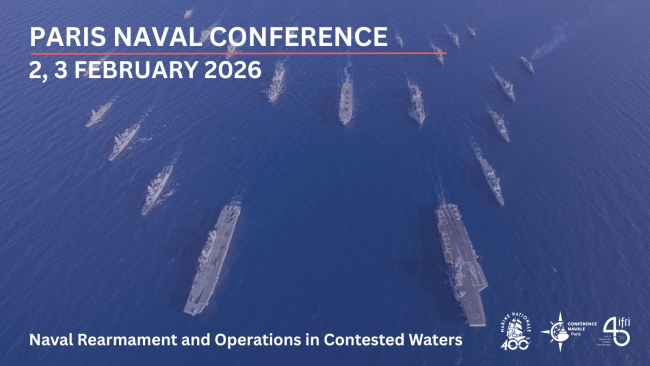
Paris Naval Conference 2026: Naval Rearmament and Operations in Contested Waters
This fourth edition of the Paris Naval Conference (CNP), bringing together high-level military, industrial, and academic speakers, will address the challenges associated with general naval rearmament and naval operations in increasingly contested environments.
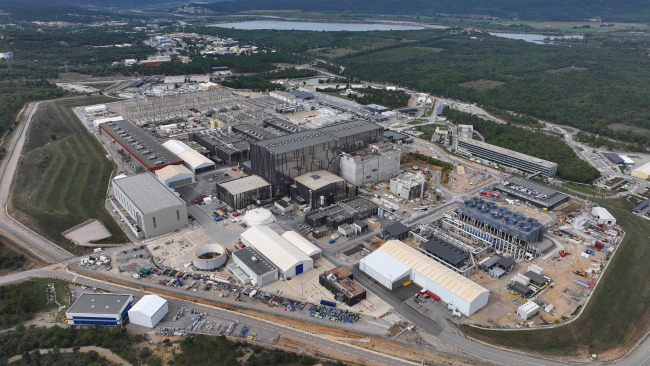
Is Fusion Coming Faster and Cheaper than Expected?
ITER was for long time the embodiment of fusion as an international, long standing R&D cooperation objective to seek a new way to produce safe, low carbon and abundant low carbon electricity. Yet over past years, fusion start ups, several governments and investors have decided to push fusion R&D and deployment to complement ITER. Major efforts are ongoing notably in the United States, China, Germany, Italy.

EV Supply Chains for Japan and Europe: Strengthening Economic Security
Economic security aims to ensure the resilience of supply chains for key industries: the case of electric vehicle production in Japan and Europe will be discussed.








